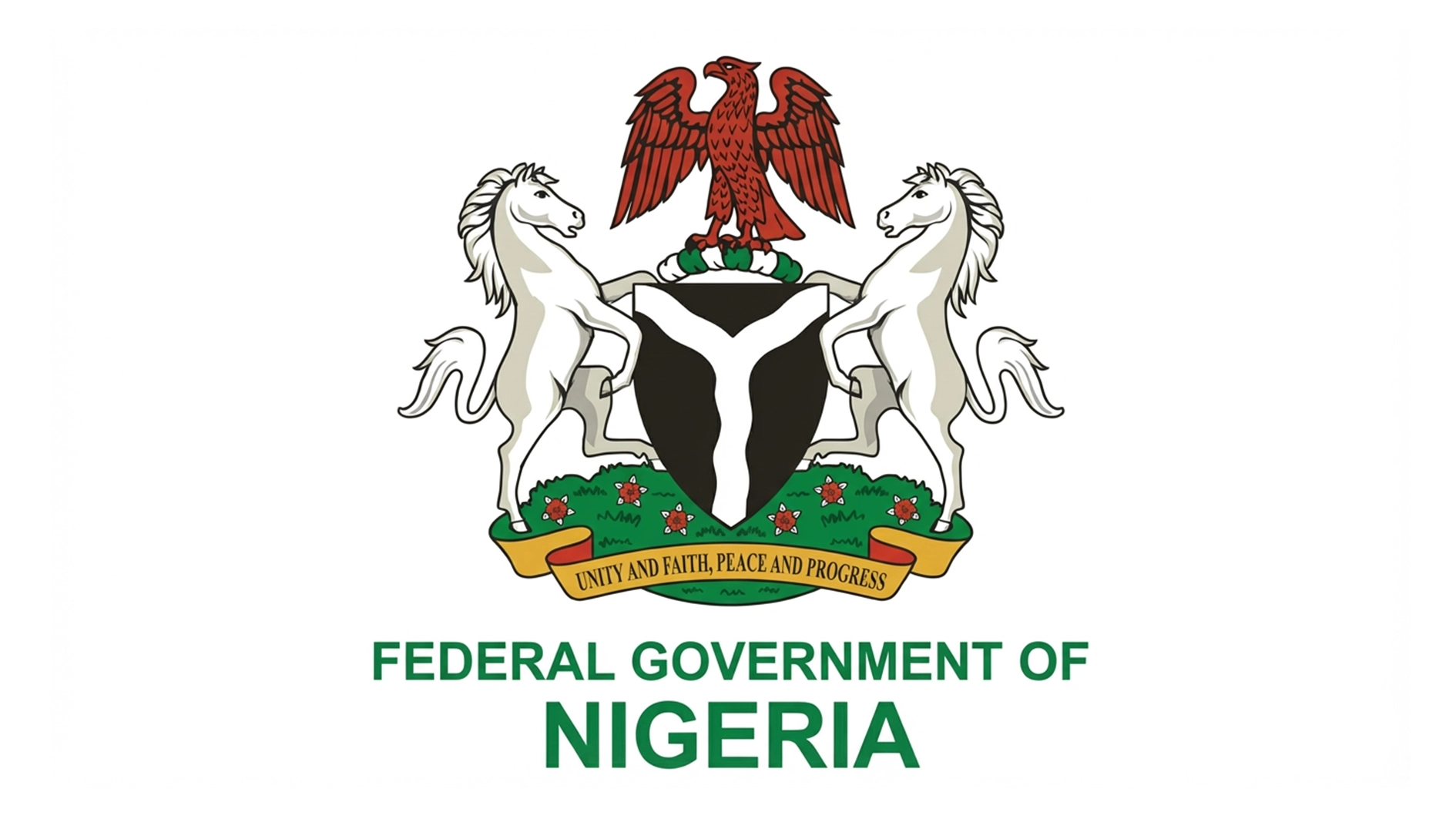
During the Virtual Couch Session at the recently concluded Lagos Startup Week, industry leaders made the resolve that access to financial services is a sign of development in Nigeria.
Hosted via Twitter Spaces by Benjamin Dada, the Nigerian Country Manager for Stitch, Dayo Ademola, Managing Director, Branch Nigeria joined other leaders in the fintech industry to discuss the theme, “What next for Fintechs in Africa?”
Ademola said that access to financial services has been a sign of development in underdeveloped nations while discussing the significance of financial services in the society. Celestine Omim, CEO of Klump, concurred, adding that the rise of fintech has been encouraged by the expansion of cellphone usage and the Central Bank of Nigeria’s cashless policy.
Olusola Amusan, Co-founder Vesti, added that the lack of access to financial institutions faced by many of the Nigerian population provided the opportunity for fintech growth.
Nubi Kay, Startup Program Lead at Paystack, agreed that fintech is the backbone of commerce, affirming that 60-70% of funding for tech startups goes to the fintech space, which has formed the bulk of high-value startups and unicorns in Nigeria.
Oluwafemi Elias, former Head of Registration and Strategy lead at the Financial Reporting Council of Nigeria (FRC), insisted that the fintech revolution has a multifaceted impact on Nigeria’s economy.
“The evolution of fintech in Nigeria has significantly addressed access to financial services, particularly for individuals and businesses excluded from traditional banking systems,” told The Guardian.
“Innovative credit-scoring models leveraging alternative data have bridged critical gaps in lending, empowering individuals and SMEs to access capital that drives economic growth and job creation. However, to sustain this momentum, we must integrate technology-driven solutions with comprehensive financial reporting frameworks for SMEs. By aligning financial inclusion efforts with sustainability practices and regulatory reforms, fintech leaders can foster transparency, trust, and long-term economic development.”
Speaking on the rise of the fintech space, Ademola posited that its growth can be attributed to huge gaps that need to be filled like the provision of credit and the ability to deliver small quick loans without the burden associated with the traditional banking system. This gap, she said, is why Branch International exists in a country like Nigeria.
Yet, this opportunity has also seen its share of challenges. Underwriting and scoring are the main problems with lending in the Nigerian system, whether it be small retail loans or larger individual and commercial loans. Basically, how do lenders determine who is worthy and what models can identify customers that don’t default in payment.
Ademola explained how Branch has solved this problem. “At Branch, we have built a really good model that is getting better daily at scoring people. As we don’t have an accessible nationwide credit score that can inform your lending decision, we have to depend on alternative data points. We have spent a lot of time fine-tuning the model, so we can make small loans available to people because it is nearly impossible to get a loan anywhere else. We are also good at predicting when people will pay us back.”
Since its inception, Branch International has issued over six million loans to Nigerians while offering investment opportunities at their fingertips. The digital finance app offers services such as small loans of up to ₦500,000 ($1200) and long and short-term investment opportunities with one of the highest ROIs in Nigeria.






